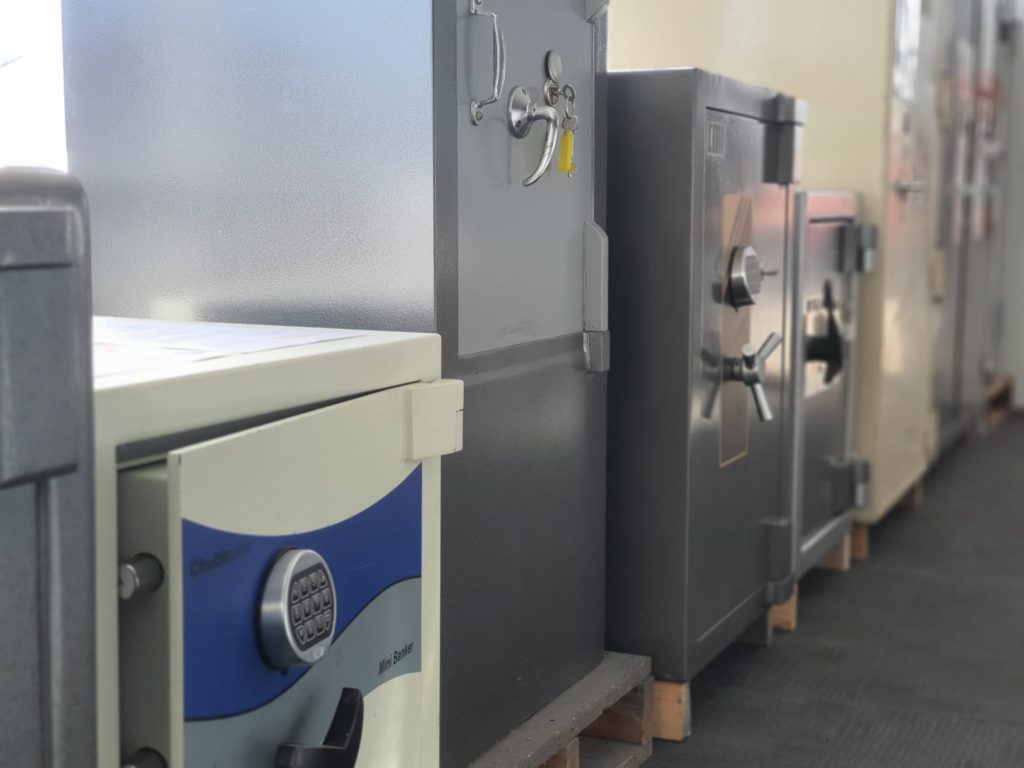- https://sealtick.com/understanding-container-closure-integrity-testing/
- Container closure integrity testing (CCIT) is a vital process used in pharmaceutical, food and beverage, and other industries to verify the effectiveness of container closures in preventing leaks or contamination. This testing ensures that products remain safe, stable, and free from external contaminants throughout their shelf life.
Category:

The primary goal of CCIT is to assess whether the container closure system maintains its integrity under normal storage and transportation conditions. Various methods are employed for CCIT, including vacuum decay, high voltage leak detection, microbial ingress, and dye ingress testing. These methods detect leaks or breaches in container closures that could compromise product quality and safety.
CCIT is particularly crucial in pharmaceutical manufacturing, where the integrity of drug packaging is essential for maintaining product efficacy and patient safety. Regulatory agencies, such as the FDA and EMA, require pharmaceutical companies to conduct CCIT to ensure compliance with quality standards and regulations.
In addition to pharmaceuticals, CCIT is also essential in the food and beverage industry to prevent contamination and ensure product freshness and quality. By employing rigorous CCIT protocols, manufacturers can mitigate risks associated with product recalls, protect brand reputation, and safeguard consumer health.
In summary, container closure integrity testing is a critical quality assurance measure that ensures the safety, efficacy, and integrity of products across various industries. By implementing robust CCIT protocols, manufacturers can uphold the highest standards of quality and reliability, earning trust and confidence from consumers and regulatory agencies alike.



